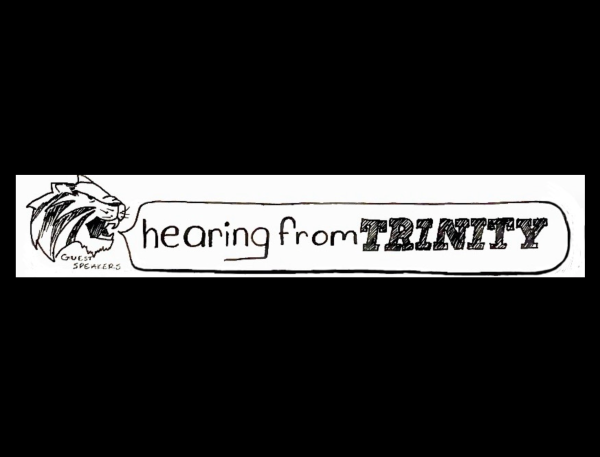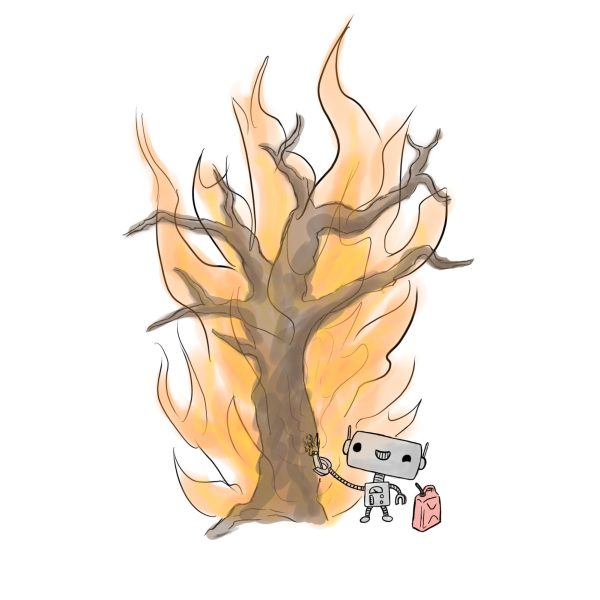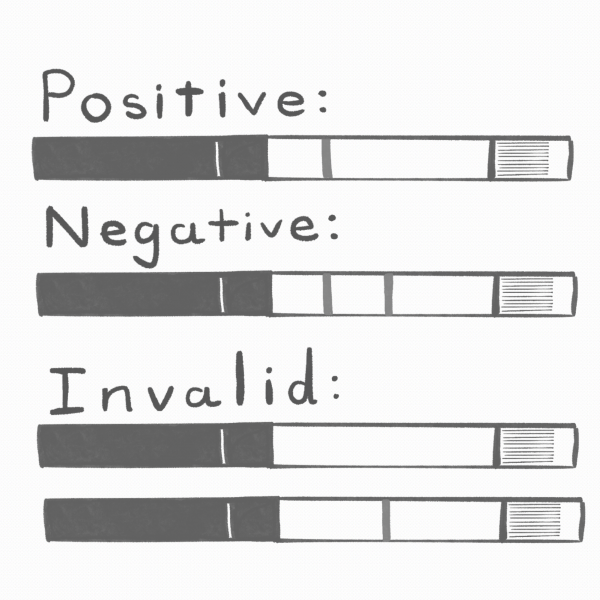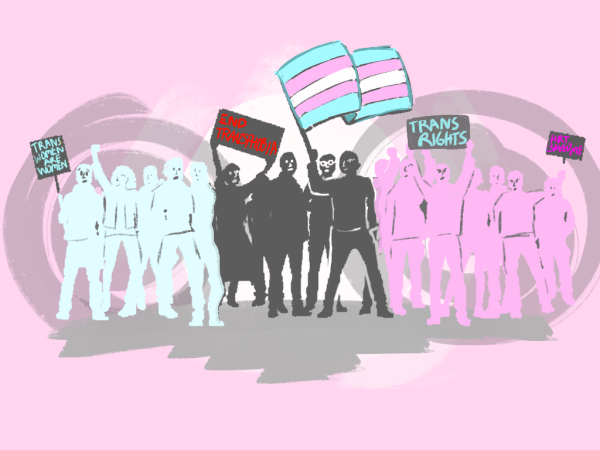A period of transition: the COVID blues
During the COVID-19 pandemic, something that helped me look toward the future was remembering it would all be over soon. When school was delayed for the first two weeks, many people said, “Don’t worry, we will be back in no time.” Those two weeks quickly turned into two years, and at that point, it was hard to see the light at the end of the tunnel.
COVID hit me during my junior year of high school. My worries soon turned into: “Will I have a prom or a graduation? Will I be able to have a normal college experience?” All of these monumental events were now objects of dread and the cause of anxiety. When Trinity announced an almost-normal first year of college, I was immensely excited, along with many of my peers. Little did we know how difficult the transition would be.
“I want my mental health to be good this year.” This was a common theme I noticed when asking my peers what they were excited about coming into the new school year.
Last year many people, including myself, struggled with mental health. Mental health was widely recognized during the peak of COVID with campaigns using social media infographics popping up because of heightened anxiety and depression. Before COVID, mental health was sometimes dismissed or overlooked, but during this time of isolation people could not dismiss it any longer.
Although mental health awareness increased during COVID, not much has been done to help students transition out of COVID: we were expected to jump right back in. The difficulties in transitioning into college were heightened, and resources for help were not as accessible as they should have been.
Being cooped up during COVID made me extremely excited to go to college and get back to socializing. At college, however, I found myself getting lost in my social life, unable to prioritize the right things. On top of balancing my new social life, college academics are way more intense and difficult than high school classes.
Personally, I had major senioritis during my last year of high school, which was amplified by COVID. Having almost an entire year doing school from home, the jump to college-level classes was hard. I quickly realized the change from online Zoom classes to in-person would be a hard transition because of a new schedule and being around so many new people in a new environment.
Last year, professors explained that they would be lenient because they were also transitioning into teaching in a classroom for the first time since COVID hit. This helped ease the pressure but not to the extent it should have.
Although Trinity had free counseling services last year, they were offered on a biweekly basis and if you needed more help, you had to go to off-campus counseling. This means that people who need more help but are without access to good insurance or transportation would be less likely to seek the help they need. This limited the availability of care that was required during this time period.
It’s understandable that counseling services were not well equipped during this time because they were also going through a period of transition. COVID was an unprecedented time that no one had experienced before. However, being in a position of power means you have responsibility. To help students transition well last year, mental health services should have been advocated for more and made more accessible.
Something Trinity has done this year for students is creating a webpage with a wider range of mental health resources. They now offer more counseling opportunities ranging from substance abuse therapy to group counseling sessions, as well as psychiatric help. Trinity has also become more of a mental health advocate by creating a Mental Health Awareness Week to help educate students.
Improvement of mental health is not a linear process. In the future, there may be another situation similar to COVID and the university must be equipped to deal with issues such as the mental health crisis that was experienced last year. Open conversation between the student body and the university is a must because COVID has not gone away and students still need adequate help.
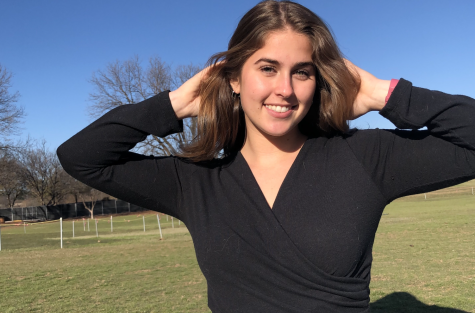
Hi! My name is Sarah Fridakis, and I am an opinion columnist for the Trinitonian. I am a sophomore majoring in Communications and Spanish with a minor...
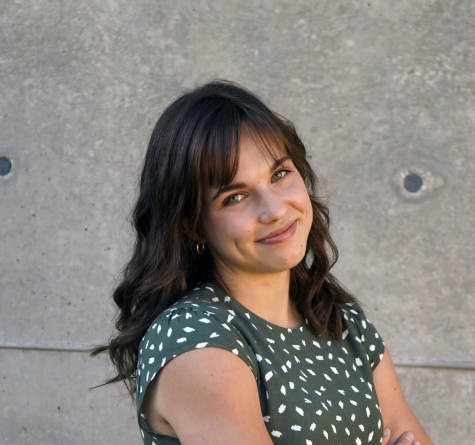
My name is Michaela Bosco. I am a sophomore double majoring in Art and Communications as well as minoring in New Media. In my free time, I enjoy drawing,...


